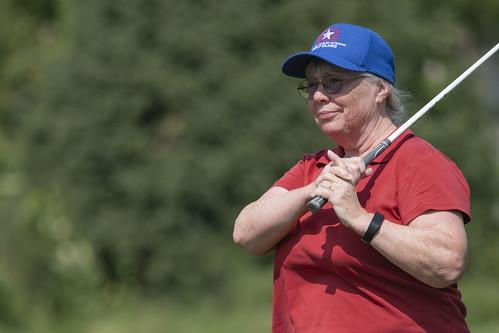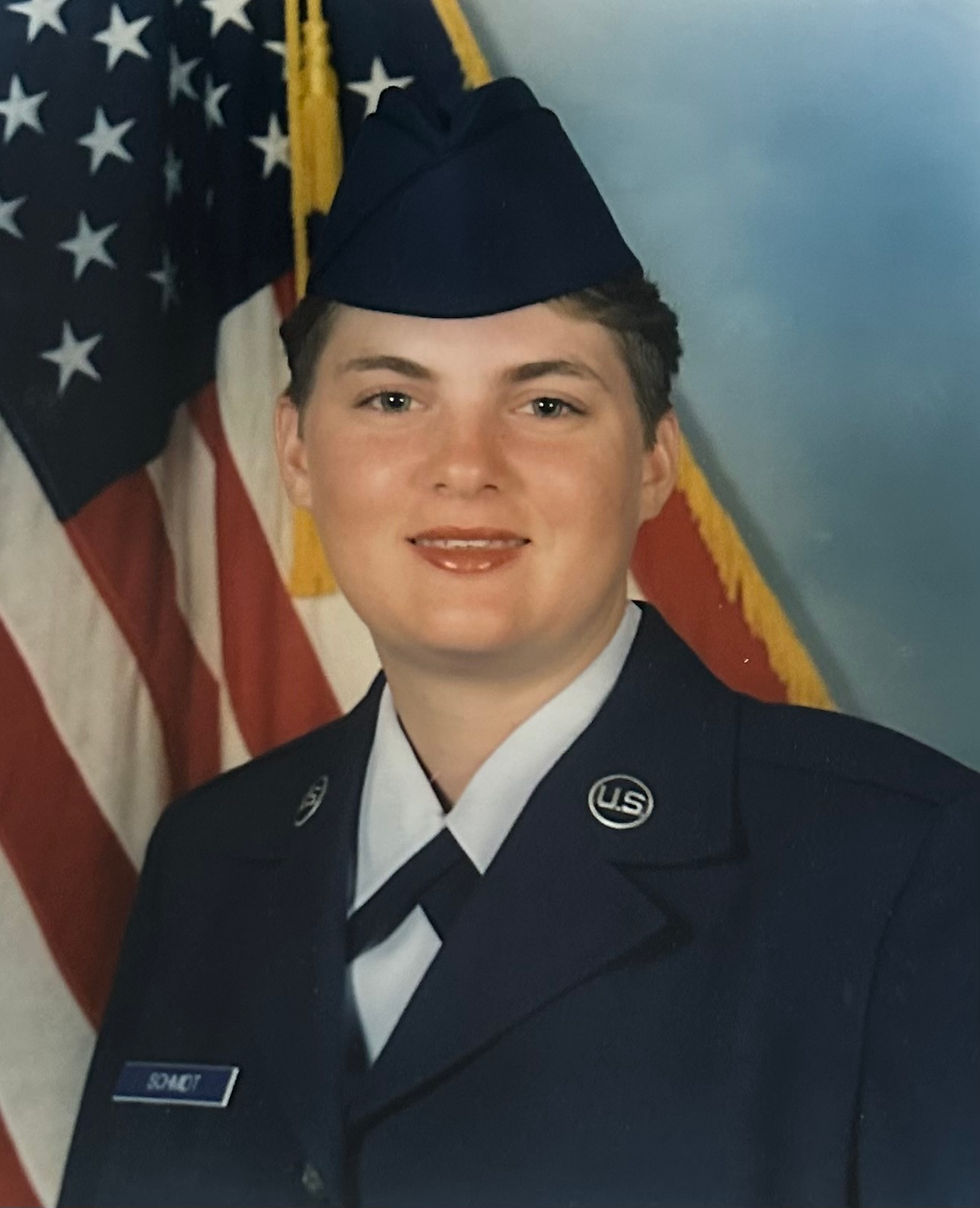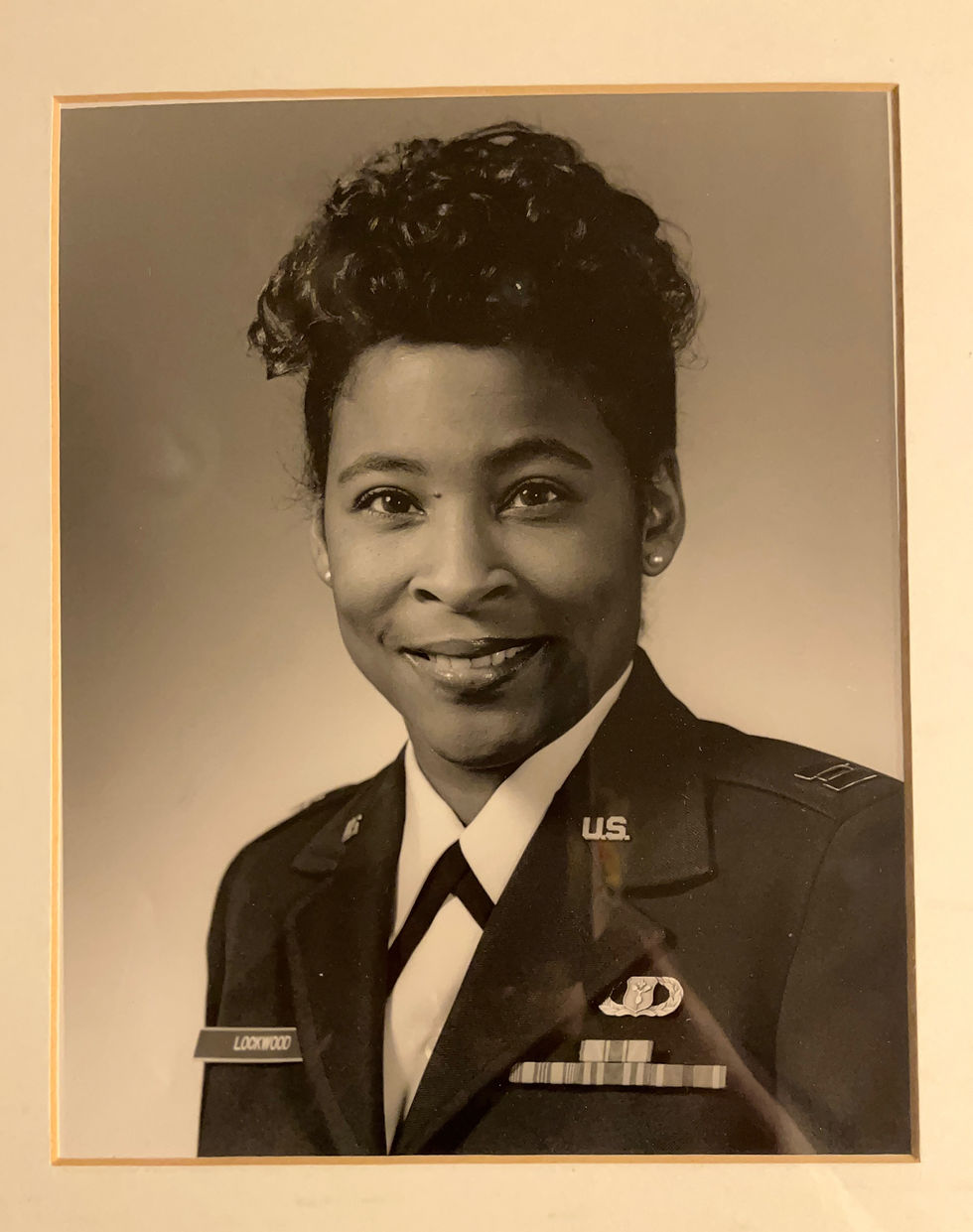Retired pro bowler, Army Veteran, attending first golf clinic
- davdigitalweb
- Sep 15, 2023
- 2 min read

Gene Dukes made a career out of getting paid to play a leisure sport, but a different game is what brought him to his first National Disabled Veterans Golf Clinic.
As a child, trips to bowling lanes were the primary entertainment for his family when many were not working in the steel mills of northern Indiana, he said.
When he later had his first of six children not long after high school, Dukes joined the Army to support his family.
By day, Dukes said he jumped out of airplanes as a member of the 18th Airborne Corps at Fort Bragg, North Carolina. By night, he aimed for strikes and spares at bowling alleys to make extra money in tournaments. When he injured his elbow in a jump, his first worry was about how it might affect his bowling.
So, he left the Army to join the Professional Bowlers Association and didn’t look back.
“I threw a bowling ball for a living,” he said. “Those guys you see on TV. That was me.”
Dukes retired from professional bowling after a knee injury. Soon afterward, in 2018, he suffered a stroke, which took his peripheral vision and his ability to drive himself to the bowling alley.
His days in the Army led him to seek care through the Department of Veterans Affairs (VA). Dukes said he met other Veterans at the Hines VA Blind Rehabilitation Center in Broadview, Illinois, who had lost all of their vision and became good friends and positive role models.
As it turned out, the rehabilitation center has a bowling alley, and staff there got him in so he could practice during more than two months of rehabilitation work there.
When VA staff heard he also had a love for golf, an application for the clinic made its way into his hands. He said his recreational therapist told him the clinic is a way to show Veterans they can achieve their goals and urged him to go.
“Golfing to me has always been about relaxation and fun—a lot of bowlers play golf to relax,” Dukes said.
The 49-year-old Hobart, Indiana, resident said he is most looking forward to spending time listening to older generations of Veterans and bringing his bowling ball to play a frame or two.
“I really appreciate what DAV and the VA does having volunteers to come and help us,” he said before the event. “I’m really excited to see what it’s all about.”
Since he still has some of his vision, Dukes hopes to assist other Veterans who may need a hand. And he hopes to spend time with a Veteran he made friends with at the vision clinic.
“The camaraderie and challenges Veterans discover here is an empowering and life-changing experience,” said DAV National Voluntary Services Director John Kleindienst. “We know the Veterans and their families are excited to be here attending the clinic. This is a place where people challenged with physical or psychological disabilities can find joy and a positive community dedicated to helping them achieve their fullest potential.”





Comments